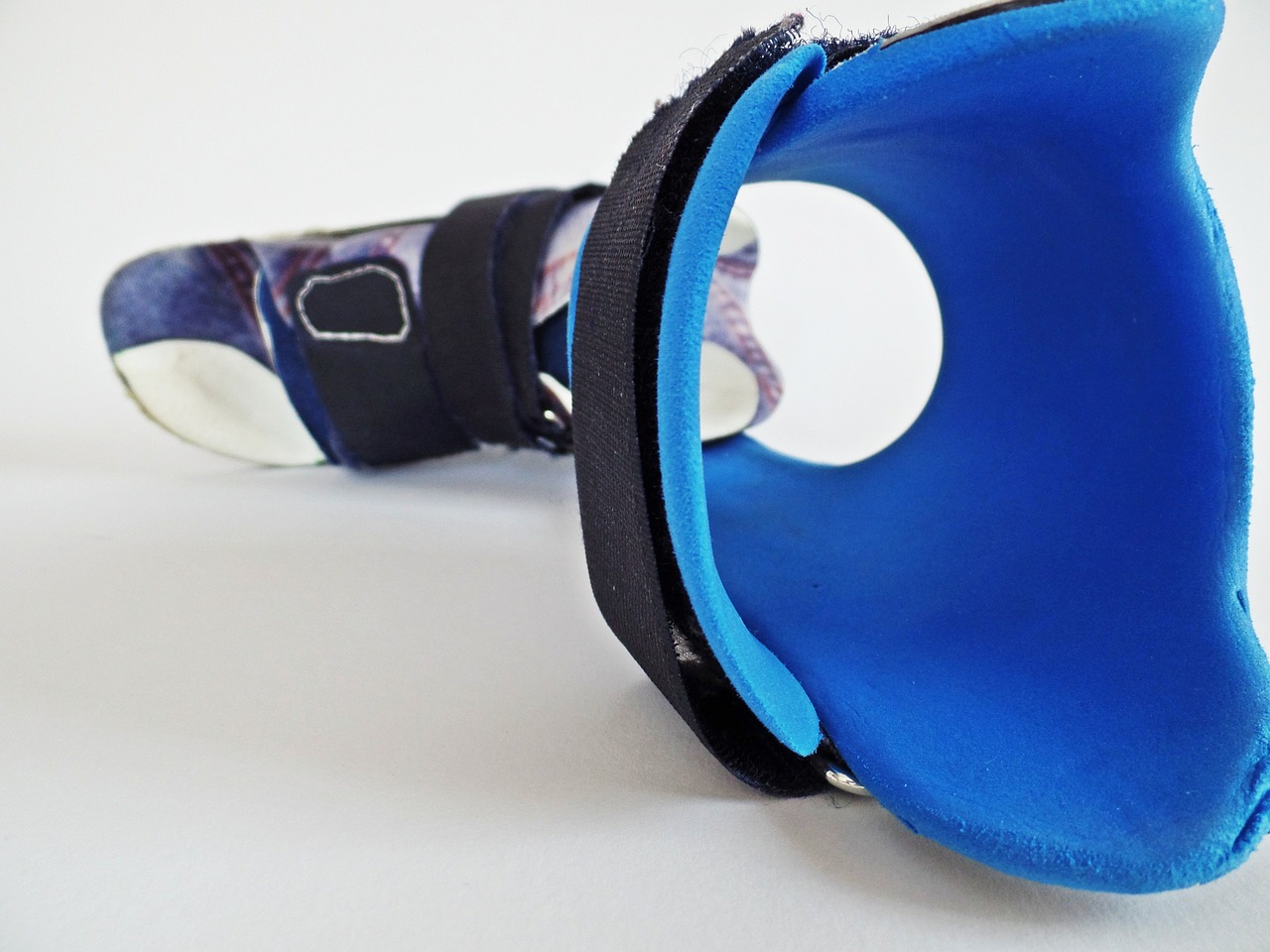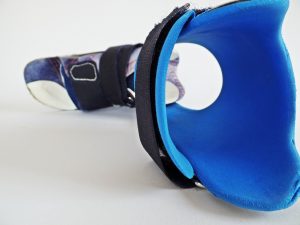Patients place immense trust in their healthcare providers, relying on them for expert medical care and guidance. However, when patients believe they have received substandard care or experienced mistreatment from a doctor, they have the right to voice their concerns and seek recourse through a formal complaint process. In Florida, filing a complaint against a doctor involves specific steps and considerations. Let’s explore how patients can file a complaint against a doctor in Florida, what happens during the complaint process, and the rights of patients seeking accountability for medical negligence or misconduct.
Understanding the Complaint Process
Step 1: Gather Information
Before filing a complaint, gather relevant information about the doctor, including their name, contact information, and any relevant medical records or documentation related to the incident or issue.
Step 2: Contact the Florida Department of Health (DOH)
The Florida Department of Health regulates healthcare professionals in the state, including physicians. Patients can file a complaint against a doctor by contacting the DOH’s Consumer Services Unit or visiting their website to access the online complaint form.
Step 3: Complete the Complaint Form
Provide detailed information about the doctor and the nature of the complaint on the official complaint form. Be sure to include specific details about the alleged misconduct, dates of incidents, and any supporting documentation or evidence.
Step 4: Submit the Complaint
Submit the completed complaint form to the Florida Department of Health through the online portal, by mail, or in person. Ensure that all required fields are accurately filled out, and include any relevant attachments or supporting documentation with the complaint.
What Happens When You File a Complaint
Review and Investigation
After receiving a complaint, the Florida Department of Health will review the allegations and conduct an investigation into the doctor’s conduct or practice. This may involve gathering additional information, interviewing witnesses, and reviewing medical records.
Disciplinary Action
If the investigation reveals evidence of misconduct or violations of state laws or regulations, the Florida Board of Medicine may take disciplinary action against the doctor. Disciplinary actions can range from fines and reprimands to license suspension or revocation, depending on the severity of the offense.
Resolution
Once the investigation is complete, the Florida Department of Health will notify the complainant of the outcome and any disciplinary actions taken against the doctor. Patients who filed the complaint have the right to appeal the decision if they are dissatisfied with the outcome.
Rights of Patients
Patient Advocacy
Filing a complaint against a doctor is a fundamental patient right, empowering individuals to hold healthcare providers accountable for their actions and advocate for quality care and patient safety.
Confidentiality and Protection
Patients who file complaints against doctors are afforded confidentiality and protection from retaliation under state and federal laws. Healthcare providers are prohibited from taking adverse actions against patients for exercising their right to file a complaint.
Filing a complaint against a doctor in Florida is a critical step for patients who believe they have been the victims of medical negligence, malpractice, or misconduct. By following the proper procedures and providing detailed information, patients can initiate an investigation into the doctor’s conduct and seek accountability for any harm or wrongdoing. The complaint process aims to uphold patient rights, ensure professional standards of care, and safeguard public health and safety in the healthcare system.




 By:
By: 
 By:
By:  Following last year’s growth expansion, Florida Healthcare Law Firm in Delray Beach, FL has hired board certified attorney (in Health Law)
Following last year’s growth expansion, Florida Healthcare Law Firm in Delray Beach, FL has hired board certified attorney (in Health Law)